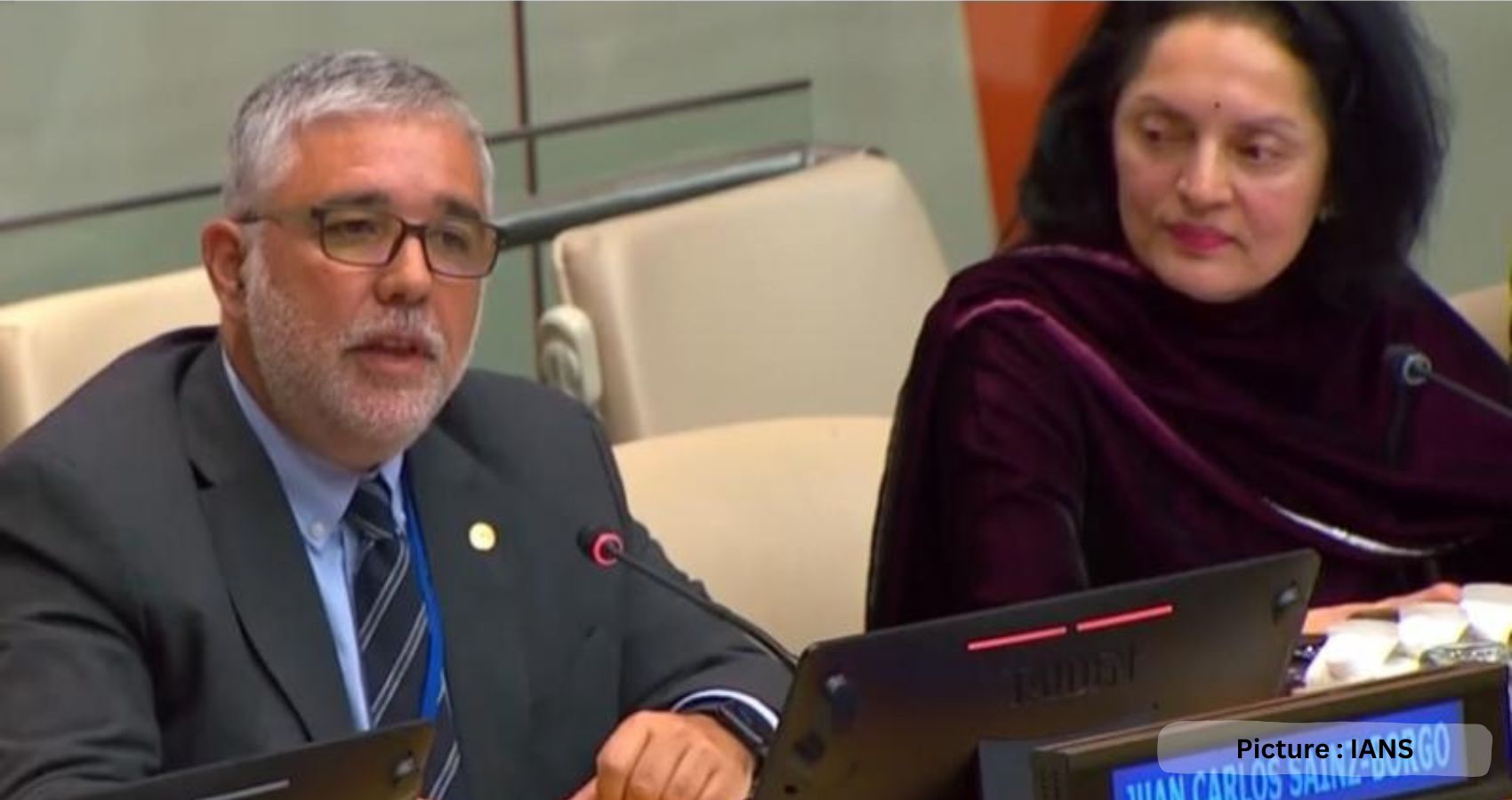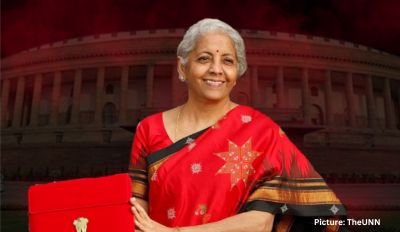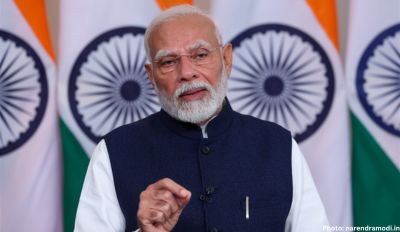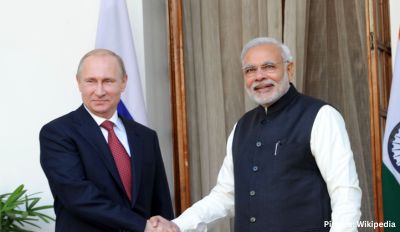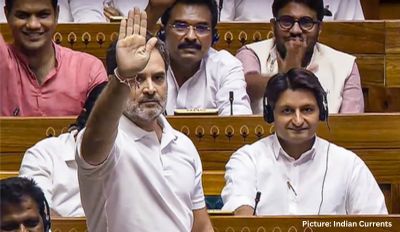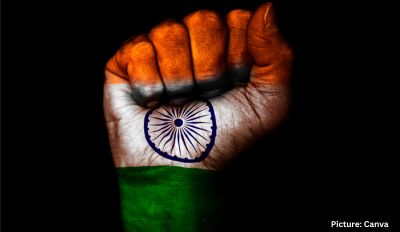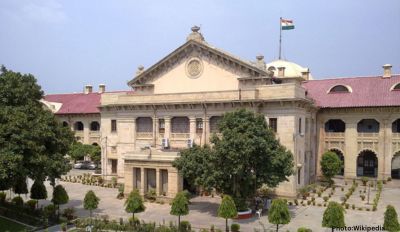United Nations– India is practicing Mahatma Gandhi’s doctrine of trusteeship in the contemporary world by following “a human-centric global development approach, not a self-centered model”, according to India’s Permanent Representative Ruchira Kamboj.
Speaking on Thursday at a roundtable here on Gandhian Trusteeship, she said that Prime Minister Narendra Modi would carry this through during India’s Presidency of the G20, the group of the major industrialized and emerging economies.
She said that according to him India will be the voice of the developing South “whose voices are frequently ignored” and share “India’s experiences, lessons learned and growth models during our G20 Presidency”.
India is guided by the concept of “Vasudhaiva Kutumbakam”, the “world being one large interconnected family”, and has emerged as the “first responder” to the crises around the world showing “altruism of the highest kind” as during the Covid-19 pandemic.
She listed India’s most recent responses to the earthquake in Turkey and Syria, and to the crises in Sri Lanka, the Maldives, and Mozambique, among other countries.
She said that India’s slogan for G20, “One earth, one family, one future”, simply means, “ee may be different nations, but humanity is one”.
The roundtable on Gandhian principles took place as the General Assembly was voting next door on a resolution on the Ukraine-Russia war.
“What I find very, very powerful is that we are talking about peace about non-violence” while the Assembly was seized with the Ukraine crisis.
Norway’s Deputy Permanent Representative Trine Heimerback said that in today’s world Gandhi’s doctrine of trusteeship means “multilateral cooperation and global solutions for global challenges”.
This approach operationalizes the trusteeship doctrine through efforts to realise UN’s sustainable development goals, she said.
The goals are “all about responsibility, equitable trusteeship for a planet and for the common good of humanity, and when countries use their comparative advantages to advance SDG agenda, so much can still be achieved”, she said.
Dean of the University of Peace Jaun Carlos Sainz-Borgo said that as a Latino from the Caribbean, the idea of using the tools of peace to fight against a colonial power made an impression on him.
Recalling his introduction to Gandhi from the 1982 movie starring Ben Kingsley, which he followed up by reading books, he said that popular media can be an important way to communicate ideas to a broader section of people.
The movie “really opened my eyes to the complexities of the role (of Gandhi), even though (there was) the oversimplification of a movie, especially a Hollywood movie”, he said.
“But as an educator and as a representative of a university, it is very important to really take into consideration that we cannot neglect any platform for education. You know, sometimes the type of tools they can make, really open up the interest of many people that you wouldn’t address otherwise.”
Joel Rosenthal, the president of Carnegie Council for Ethics in International Affairs, recalled Gandhi’s terse letter to the drafters of the Universal Declaration of Human Rights, “all rights to be deserved and preserved come from duties well done”.
“That’s basically all Gandhi had to say, in terms of his advice to the drafters,” he said.
“Today, empathy and mutuality are losing out due to identity politics, blood and soil nationalism in winner-take-all economics”, but “a return to the idea of human flourishing, echoing Gandhi might help turn the tide”, he added. (IANS)

